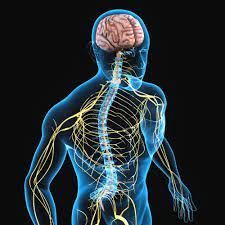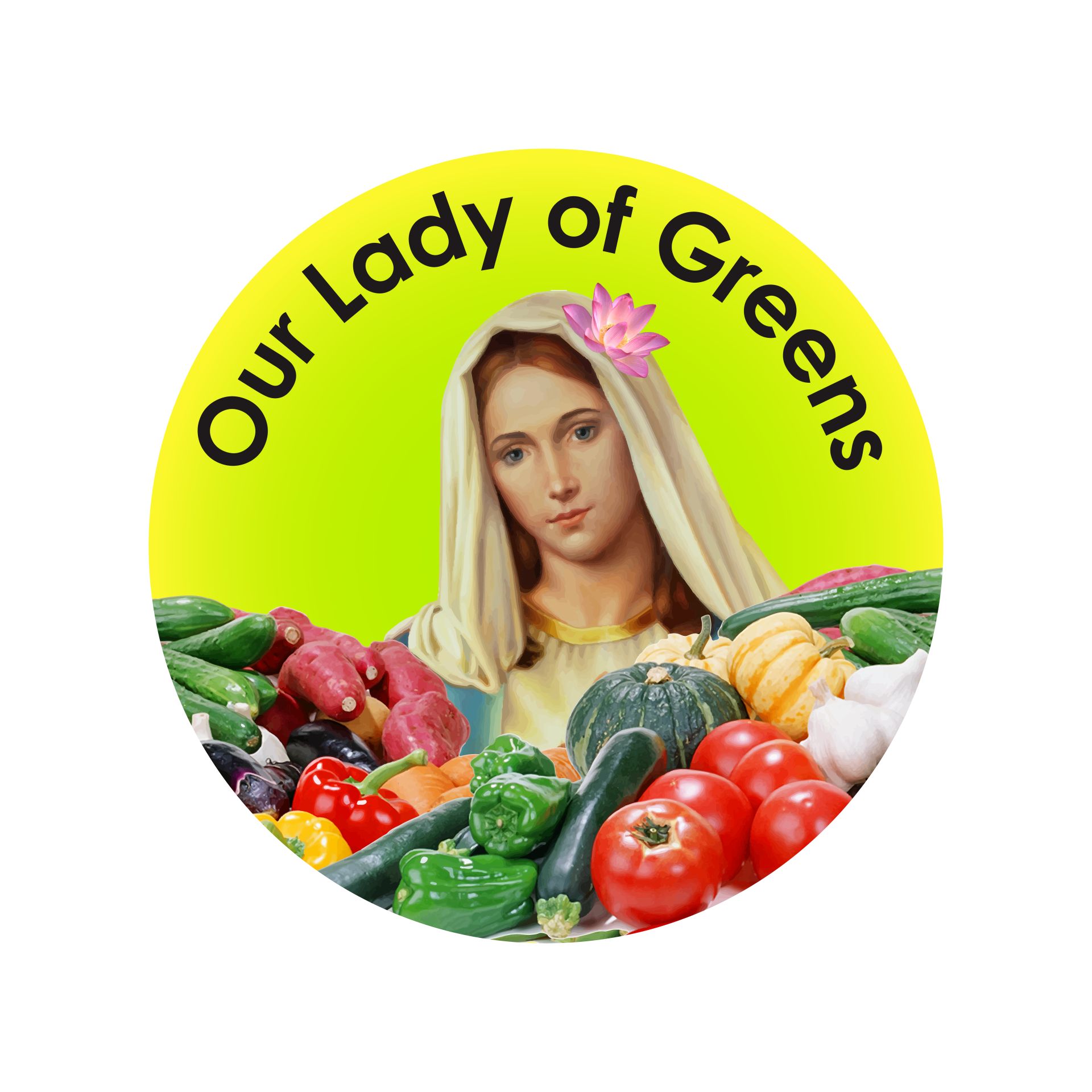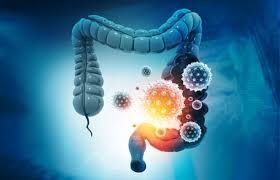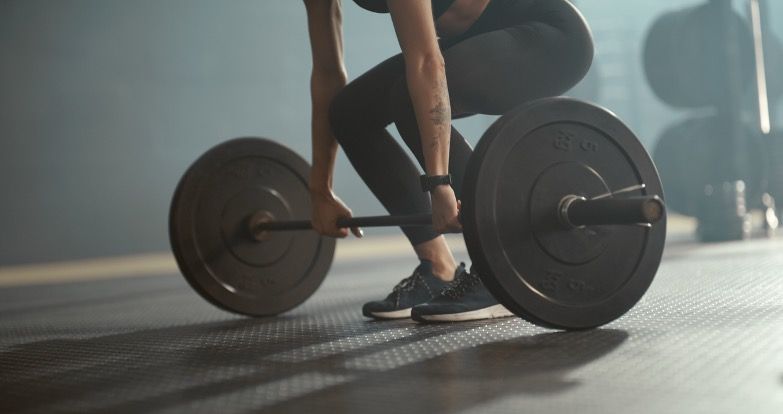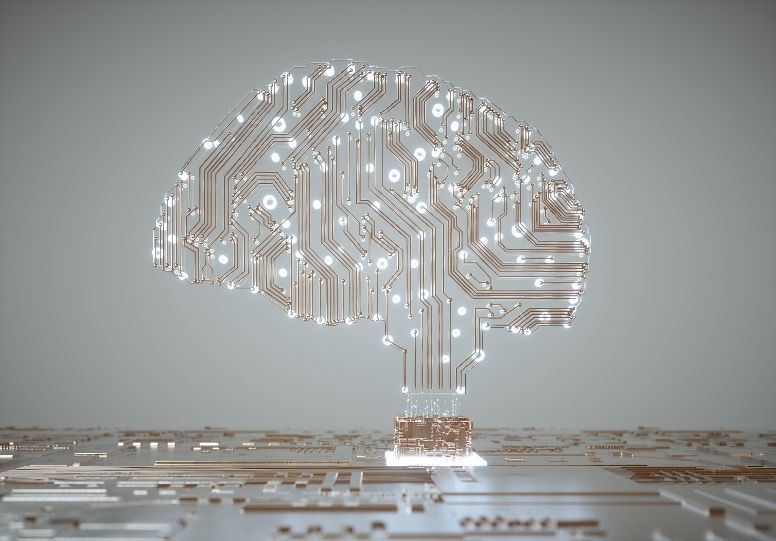How AI is changing the way we eat
We have heard ad nauseam the concept of Artificial Intelligence (AI) in the last years. However, most people still find it difficult to understand what it means and the impact that can have on their life. AI technology can help you improve your diet, reduce food waste, and save energy. Therefore creating a waste free, more efficient and healthier food lifestyle.
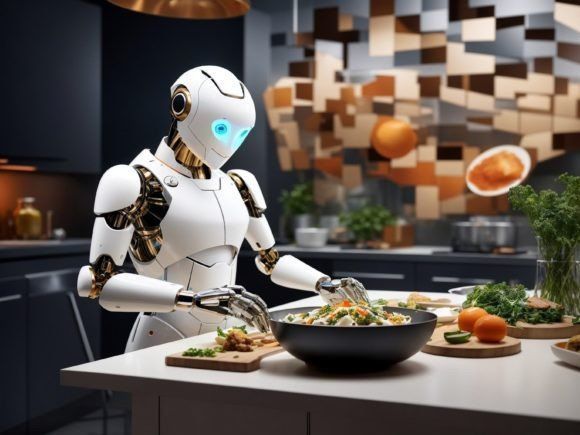
This blog contains affiliate links
Artificial Intelligence (AI) is an evolving technology designed to enable machines to perform intelligent tasks. AI incorporates a wide range of techniques and applications including:
🗑️ Machine Learning (ML): algorithms and statistical models enable machines to improve their performance on a specific task through learning from data eg. Facial recognition on mobile phones.
🗑️ Natural Language Processing (NLP): NLP focuses on the interaction between computers and human language, allowing machines to understand, interpret, and generate human-like language eg. Voice assistants such as Siri or Alexa.
🗑️ Computer Vision: this technology enables machines to interpret and make decisions based on visual data, often used in image and video analysis eg Smart Cameras.
🗑️ Speech Recognition: AI systems can recognize and understand spoken language, facilitating applications like virtual assistants and voice-controlled devices eg. Autonomous banking.
🗑️ Expert Systems: rule-based systems that mimic the decision-making ability of a human expert in a specific domain eg. suggestion of spelling errors when typing on a computer.
🗑️ Robotics: integrating AI into robots allows them to perform tasks autonomously, adapting to changing environments eg. chopping, mixing and stirring machines.
Smart kitchen appliances
AI technology applications are diverse and include home appliances such as fridges, coffee brewing machines and ovens. This is an area that is being rapidly transformed, thank you to the many benefits associated with AI technology. While more expensive than the standard ones, some of the benefits arising from their use could justify the financial case for smart appliances.
♨️ Energy efficiency: some appliances like smart fridges can reduce power usage with their AI energy mode feature, which monitors energy consumption, and detects and corrects energy inefficiency.
♨️ More accuracy: smart ovens use AI to make your cooking more accurate. Instead of having to open the oven to check if the food has been cooked, AI technology uses computer vision to recognise and cook food optimally. Making possible for the oven to determine when the dish is cooked and ready to be removed from the oven.
♨️ Time saving: smart appliances can automate tasks such as switching on/off which means the job has been done at a convenient time without a human having to be physically there. This is also very helpful in the case of AI powered coffee brewing machines, which can have your coffee ready when you wake up.
♨️ Precision Temperature Control: AI-controlled coffee machines can precisely control water temperature, ensuring that your coffee is brewed at the ideal temperature for maximum flavour extraction. This level of precision contributes to a consistent and delicious brew.
♨️ Less food waste: intelligent appliances can use predictive analytics to reduce food waste. For example, smart fridges incorporate computer vision and sensors to suggest recipes based on available ingredients; send expiration reminders based on used by dates; and make shopping lists through mobile applications, which will avoid duplications.
Smart kitchen gadgets
AI can also be used to power kitchen gadgets. These are normally cheaper than smart appliances. They also have the advantage of being able to complement the existing kitchen equipment so no need to go and buy a complete new set of appliances.
🤖 AI powered vacuum sealed food containers are the “Tupperware” of the future. They use sensors, smart tagging and tracking applications so you always know what food you have and whether it's fresh.
🤖 Smart fridge cameras: these specialised designed wireless cameras can sit inside any fridge, and take photos every time the fridge door is closed. You can then see the contents from anywhere via a mobile application. This allows you to more easily plan meals and shopping based on what you already have at home. The application also allows you to make inventories and shopping lists, and track best-before dates, giving you the knowledge to plan for a food-waste free lifestyle.
🤖 Ethylene gas absorbers extend food life by getting rid of the ethylene gas produced by certain fresh fruits and vegetables when stored inside the fridge. They are placed inside the fridge and need to refill every few months.
🤖 One of the latest gadgets, smart waste kitchen composters make food composting easy and effective all year round, without any of the common nuisance associated with food compost.
More nutritious and healthier meals
Many nutritional mobile applications use AI technology like photo recognition and conversational AI for creating shopping lists and making personalised recommendation on diet relates questions. The level of personalisation depends on how much data the user shares.
Although in case of concern, It’s always advisable to speak to a professional, the relatively easy access to this sort of feature has had as a consequence that more people are taking interest in their diets and the modifications they can make to improve their nutrition.
In conclusion, AI is an evolving technology that is already having a huge impact on the way we buy, store and cook food at home. One of the potential main issues that can stop us from accessing this technology is price. However, while smart appliances can be costly, they also help us save money on energy bills and waste less food. Besides, there are cheaper options like smart kitchen gadgets and mobile applications that are also powered by AI technology.
